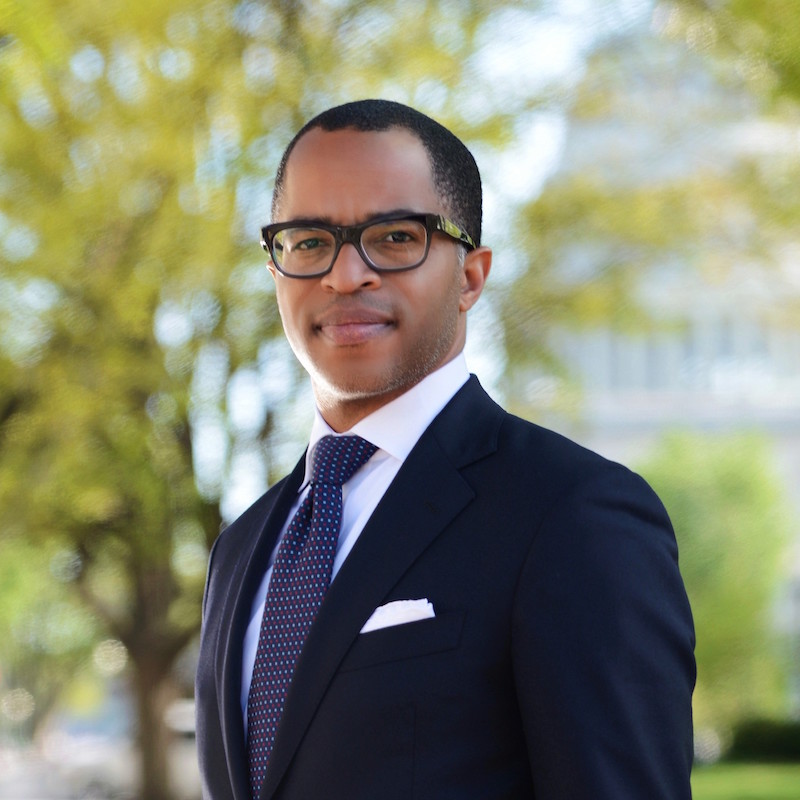At this year’s Honors Gala, one of our honorees is Jonathan Capehart. Jonathan is a Pulitzer Prize-winning journalist, a member of The Washington Post editorial board and writes about politics and social issues for the PostPartisan blog. He is an MSNBC Contributor, regularly seen on “Hardball” and “Morning Joe” and has served as a substitute anchor on “UP,” “Hardball,” “Way Too Early” and other MSNBC programs.
Capehart’s work has challenged inequities pertaining to racial, religious and LGBT bias in our country, and the Matthew Shepard Foundation is pleased to be honoring Jonathan Capehart. He also has a tremendous record of supporting both the African American and the LGBT communities through his work.
We thought it would be fun to flip the script on him and get him to answer a few questions before the gala! Without further adieu…
How do you take on the responsibility of what is important to report about when there is so much going on? How do you decide, especially when it comes to intersectionality?
The beauty of being an opinion writer is that it is my job to say what I think. The beauty of being an opinion writer at the Washington Post means I have the freedom to say what I think about whatever I care about. Over the last two years or so, with the killings of unarmed African Americans and the attack on LGBT rights in the wake of marriage equality, there has been no shortage of things to write about. But because there have been so many stories to report in both spheres, I’ve had to pick and choose when I jump into the debate. In the opinion business, you learn that sometimes it’s best to let others speak for you.
Over the last 18 years, how have you seen coverage of LGBT issues evolve? What do you think the biggest turning point was?
There have been so many. The onset of the HIV/AIDS crisis. The coming out of millions, as an act of survival. The killing of Matthew Shepard. The popularity of Will & Grace. The bravery of everyday people who sued to have their love and families fully recognized by their country. The marriage equality victory. Bruce Jenner’s revelation of his transition. The coming out of Caitlyn Jenner as a transwoman. And there are so many turning points to come. The wonderful thing is that all these major turning points are advances and the nation is better for it.
The media has become more and more important when it comes to reporting on politics. Do you think “media bias” really sways elections?
The sad thing about “media bias” is that folks don’t understand the term when they hurl it. I’m called biased all the time, even though my job is to give my opinion (which are “biased,” by definition). In this election, I would say my profession is guilty of a double standard where one candidate is looked at and judged through the prism of a presidential candidate and the other is still viewed as an entertainer who must be taken somewhat seriously because he could be president.
In the entire realm of social justice, not just LGBTQ, what is the next big battleground issue?
It is a multi-front battleground that includes beating back so-called religious freedom laws, securing criminal justice reform, moving on comprehensive immigration reform and doing everything possible to ensure that the next president of the United States is someone who will appoint Justices to the Supreme Court who will protect everything that’s been gained.
Who is your personal hero?
So many people inspire me. I can’t name just one.

